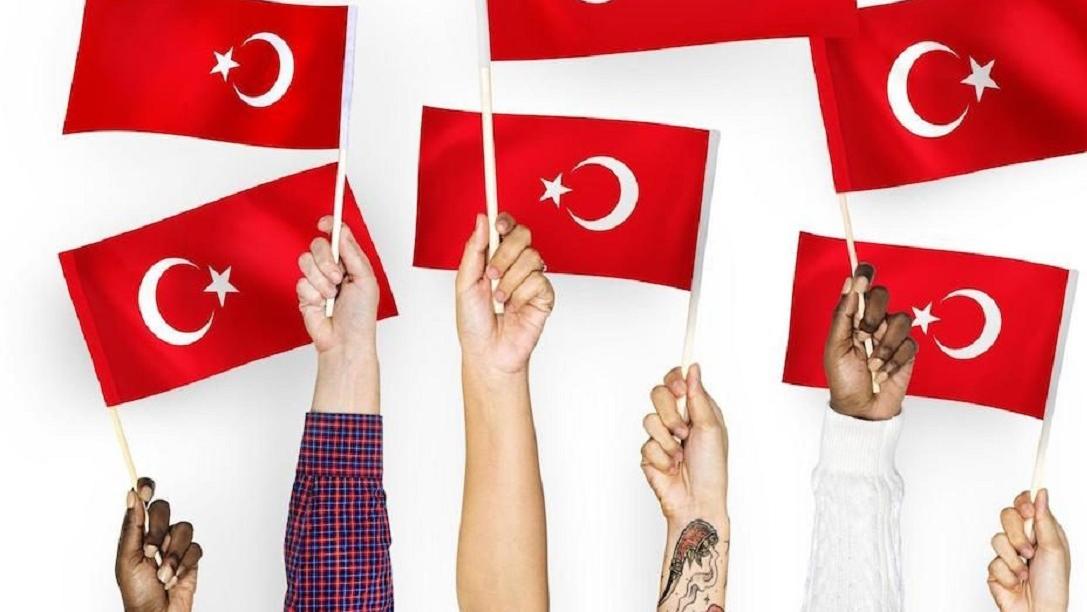Campus Columnist finalist
How leaving my country made me a patriot

Since coming to The Netherlands, the amount of unsolicited information I have blurted out about Turkey in conversations is honestly concerning. As I never saw myself as Turkish and was far from patriotic, the extent to which I identified with my cultural identity was baffling for me. I am not the only one. In the past couple of months, I’ve learned about French politics to a degree I never thought I would be taught about Irish cuisine, and learned Lithuanian traditions from people who also don’t consider themselves patriotic.
The way I relate to my cultural identity shifted. Back in Turkey, I didn't view myself as particularly Turkish as I felt a wide divide between myself and traditional Turkish culture. My friends would tease me about my lack of “Turkishness” and it was not something I disliked. I found Turkish culture problematic in many aspects; gender roles, homophobia, racism, etc., and was happy to not be associated with it. Coming to The Netherlands made me take off my dark-tinted glasses towards my culture and actually see how much it influences me. It made me see the beautiful parts of it; how living there taught me to help people no questions asked, empathize with different struggles, think critically, and not take anything for granted. Turkey has become like a parent for me: you complain and complain but you never allow anyone else to utter anything bad about it.
Being in an unfamiliar environment where most people don’t share your background leads many people to cling to their identities. No matter how detached we think ourselves to be of, our cultural identity has a great influence on how we interact with our surroundings and how we shape our thoughts. In our home countries, even if we’re very different from other people, we know that we have a shared experience one way or another—this makes it easier to communicate or at least understand them. However, in an environment where we don’t have this common ground to stand on in our social interactions, we use our cultural identity as a way to express ourselves to others.
The communication styles, humor, gestures, and “the normal” differ between cultures. I have used the Turkish identity many times to explain my behaviors to people from other cultures due to the fear that my actions would be considered weird. Oh, you find this peculiar? It is so completely normal where I’m from, we all have symptoms of ADHD, totally.
It is also a way of coping with missing one’s home. Whenever a friend goes on a long tangent about something completely random about their country, I can feel their nostalgia seeping through into their words. Another reason is that everyone on campus looks and is so interesting that you also want to seem that way. Your cultural identity is one of the surest ways to show that you are unique and interesting since your particular mix of cultural backgrounds is usually specific to you.